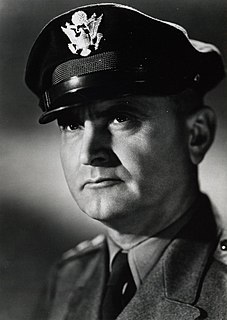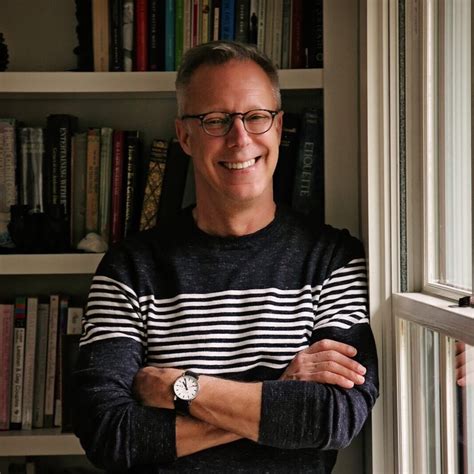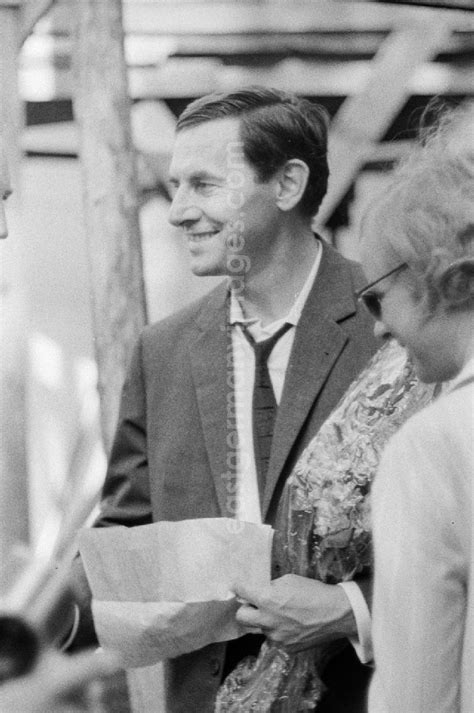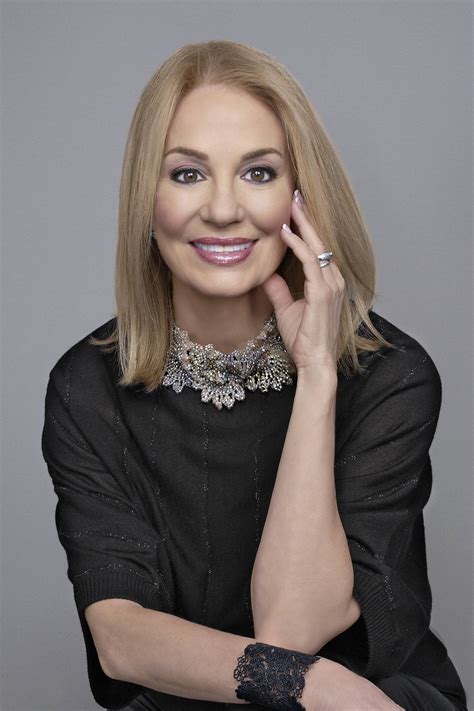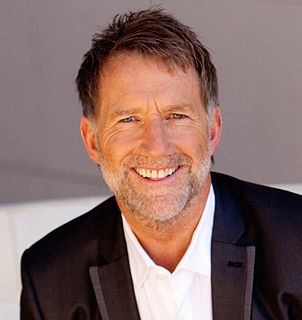A Quote by Daniel Kahneman
That's one of the real dangers of leader selection in many organizations: leaders are selected for overconfidence.
Quote Topics
Related Quotes
Not many of us will be leaders; and even those who are leaders must also be followers much of the time. This is the crucial role. Followers judge leaders. Only if the leaders pass that test do they have any impact. The potential followers, if their judgment is poor, have judged themselves. If the leader takes his or her followers to the goal, to great achievements, it is because the followers were capable of that kind of response.
Group selection and individual selection are just two of the selection processes that have played important roles in evolution. There also is selection within individual organisms (intragenomic conflict), and selection among multi-species communities (an idea that now is getting attention in work on the human microbiome). All four of these levels of selection find a place in multi-level selection theory.
I'll tell you what gives me hope. After the struggle for marriage equality, the LGBTQ community has built some very powerful organizations; in particular, I'm thinking of HRC (the Human Rights Campaign), GLAAD... but there are many, many others, too. Along with those organizations come some savvy and tested leaders who have come to understand not only how to change hearts and minds but also legislators and judges votes.
To my mind, you cannot speak about the need for leadership within our communities without being prepared to take on responsibility yourself. It's not enough to point the finger at those who have let us down and to expect others to come forward and fix our problems. Nor can anyone afford to call themselves a leader unless they truly have the interests of our community at heart. Too many people like to think they are leaders and too many are identified by the media as leaders who are not really leaders at all.
As we started working with leaders, providing them with assessment feedback, noticing the impact it was having on them, and their teams, a real story unfolded, and the book All the Leader You Can Be became what it is now - a guide to leaders who want to understand their strengths, and also appreciate how to enhance their leadership.
A leader always has one major message, and this weaves into everything he or she does. It remains the primary focus. A leader is to some degree a prophet, a person with a message. Great leader [sic] see things that others don’t. They preach it until others can see it as well. Their message supports the mission. A leader is a preacher, a person who communicates the fire of the mission. Not all preachers are leaders, but all great leaders will be preachers of one sort or another.
Have no fear of robbers or murderers. They are external dangers, petty dangers. We should fear ourselves. Prejudices are the real robbers; vices the real murderers. The great dangers are within us. Why worry about what threatens our heads or our purses? Let us think instead of what threatens our souls.

